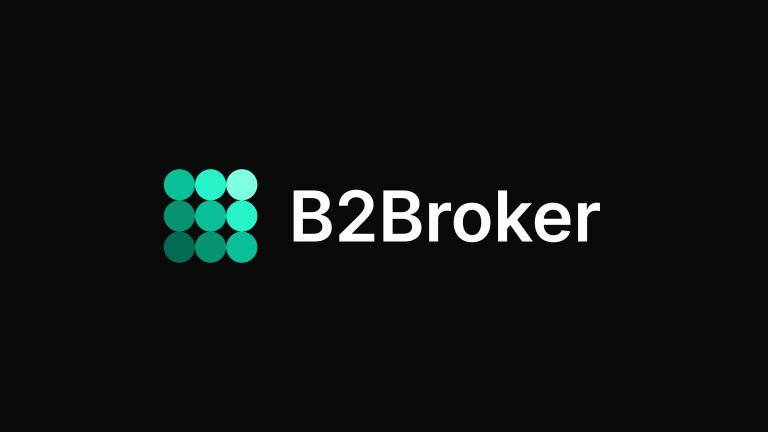
Unless Apple appeals the decision and has the ruling overturned, developers are free to direct app users to their own systems to make purchases.
A California court ruled Apple violated state competition laws by barring app developers from using alternative in-app payment methods apart from its own, which includes a 30% commission.
The decision may clear the path for cryptocurrency and nonfungible token (NFT) projects to add more functionality to their iOS apps.
The April 24 ruling was made by the United States Court of Appeals for the Ninth Circuit in the case of Apple vs Epic Games — the creator of the video game Fortnite.
The court upheld the decision of a lower court from 2021 and said that Apple’s anti-steering provision harmed Epic.
The anti-steering provision is an Apple policy stating that iOS developers cannot communicate out-of-app payment methods through certain mechanisms such as in-app links.
The policy increased the costs of Epic’s subsidiaries’ apps that are still on Apple’s App Store and prevented other app users from becoming would-be Epic Games consumers, the court wrote.
Tim Sweeney, the founder and chief executive of Epic Games, tweeted on April 24 that the ruling “frees iOS developers” by allowing them to direct consumers to alternative payment solutions.
Fortunately, the court's positive decision rejecting Apple's anti-steering provisions frees iOS developers to send consumers to the web to do business with them directly there. We're working on next steps.
— Tim Sweeney (@TimSweeneyEpic) April 24, 2023
While the court ruled in favor of Apple on most issues, the tech giant failed in its argument that the anti-steering provisions shouldn’t apply to Epic Games because it terminated Epic Games’ iOS developer account in August 2020.
The court ruled that Epic Games would have earned additional revenue since then — save for Apple’s policy — by applying the competitor-suit “tethering test” and the consumer-suit “balancing test” and found the anti-steering provision to be “unfair” pursuant to both tests.
The court looked at Apple’s anti-steering violation through a second angle, ruling that consumers would have flocked to Epic Games directly had they learned about its much lower commission rate of 12%, compared to Apple’s 30%.
“If consumers can learn about lower app prices, which are made possible by developers’ lower costs, and have the ability to substitute to the platform with those lower prices, they will do so — increasing the revenue that the Epic Games Store generates.”
If Apple doesn’t appeal the ruling, it could set a case law precedent benefiting creators of crypto and nonfungible token apps because they won’t be subject to Apple’s 30% “tax.”
Related: Robinhood Wallet rolls out on iOS with Android support to follow
Decentralized exchange Uniswap is one of the latest crypto projects to make its way into the App Store despite Apple initially withholding its launch in March.
Nearly two months ago, the European Union set new anti-monopolistic rules that require Apple to permit third-party app stores on its devices, which in turn allow consumers to circumvent Apple’s 30% commissions.
However, in December, Apple interfered with NFT transactions sent on Coinbase’s self-custody wallet, claiming that it’s entitled to “collect 30% of the gas fee” through in-app purchases.
Magazine: Why join a blockchain gaming guild? Fun, profit and create better games

